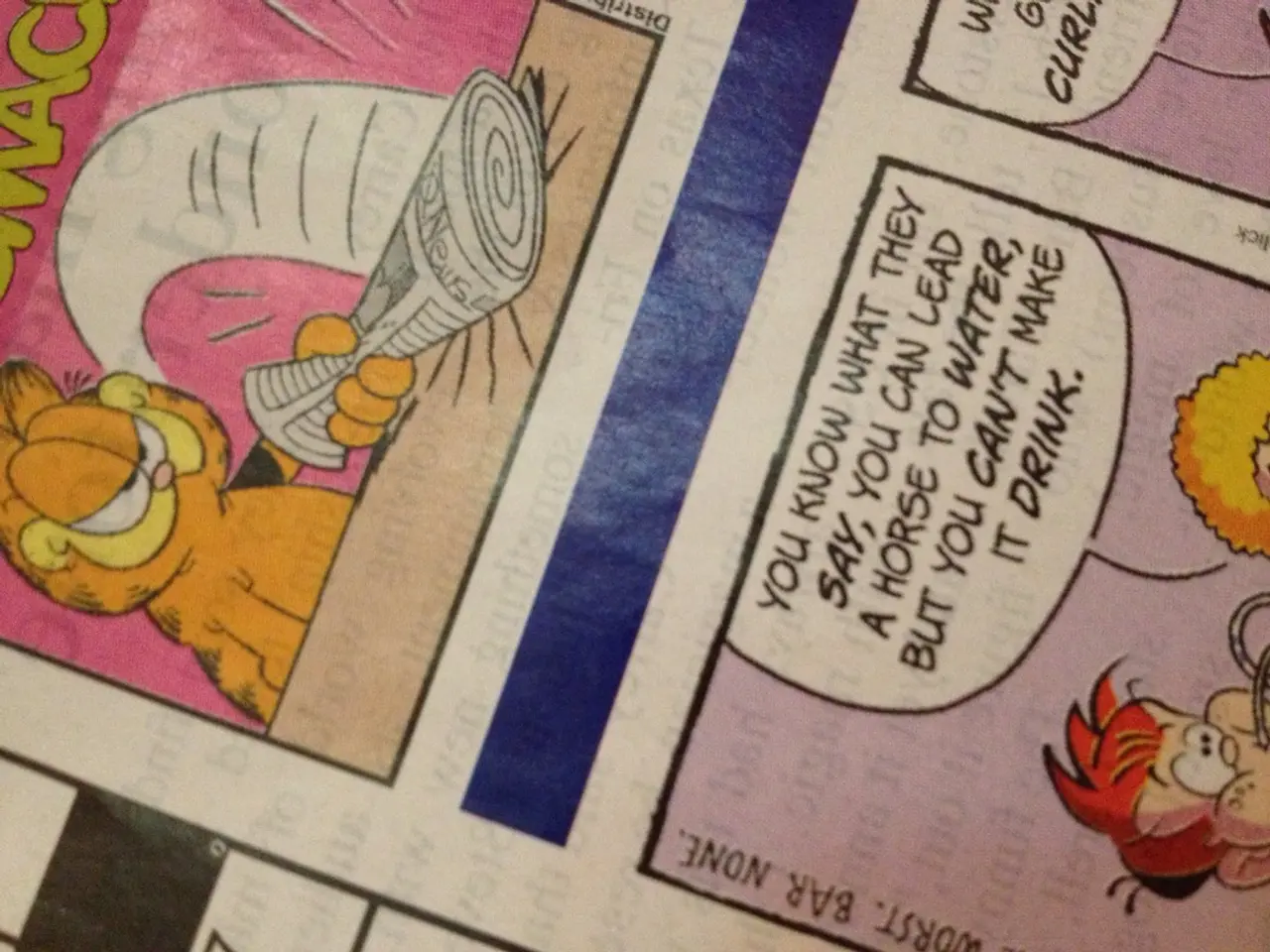The Fascinating Secrets Behind the Monopoly Character: 7 Baffling Details You Might Have Overlooked!
In the realm of board games, few characters have achieved the level of cultural significance as Rich Uncle Pennybags, the mascot of Monopoly. Created by Parker Brothers in 1936, this suave, top-hatted gentleman has become a symbol of humor in geek culture, despite some misconceptions about his origins and appearance.
Contrary to popular belief, Rich Uncle Pennybags, or Mr. Monopoly as he is now officially known, does not wear a monocle. This misconception, known as the Mandela Effect, has led many to recall a monocled Monopoly Man, an error that persists despite the character's U.S. editions never featuring one.
The history of Monopoly is far more complex than the common tale of Charles Darrow inventing it during the Great Depression. The game's roots can be traced back to Lizzie Magie, a radical feminist and inventor who created the precursor game called the Landlord's Game in 1904. Designed to illustrate the problems of land monopolization and promote a "single tax" on property owners as an economic remedy, her game was meant as a critique of monopolies, not as entertainment celebrating them.
Over the decades, homemade versions of Magie's game circulated and evolved, with additions like property monopolization becoming central. Darrow later sold his version to Parker Brothers in 1935, who then marketed Monopoly as Darrow's invention during the Depression, turning it into a bestseller and patented product. Parker Brothers defended their claimed origin aggressively in court against other claimants, but the truth is that Monopoly's design and concept arose from a collective and extended evolution, not a single inventor.
In the 1990s, Rich Uncle Pennybags sported a monocle in some editions of Monopoly Junior, but this feature was short-lived. In 1999, Hasbro officially renamed Rich Uncle Pennybags to "Mr. Monopoly" and updated his style for digital gaming screens.
Mr. Monopoly's influence extends beyond the board game. He has made appearances in shows like Conan O'Brien's talk show, where he is often used humorously to represent greed or wealth. In animated series like Family Guy and Robot Chicken, he is parodied and satirised. He has even been featured in graphic novels, such as Dash Shaw's Clue: Candlestick.
Hasbro has adapted Mr. Monopoly globally, depicting him in kimono or samurai outfits in Japan, a London gentleman in British versions, beach gear in Australian editions, lederhosen attire in German variants, and red envelopes or gold coins in Chinese editions. In the digital age, he has appeared in online versions of the game, apps for mobile phones, and even virtual reality formats.
In recent years, Mr. Monopoly has become a meme, often used to mock stereotypes about wealthy business leaders or to comment on financial themes such as taxes or investing. Cosplayers on platforms like TikTok have portrayed him in sketches focused on satire targeting billionaires such as Jeff Bezos from Amazon or Elon Musk of Tesla fame.
As we move forward, expect to see Mr. Monopoly embrace digital trends and popular tech. He may appear in online versions of the game, apps for mobile phones, or virtual reality formats. Collaborations with famous video game characters and franchises could also be on the horizon.
From his origins as a social critique to his transformation into a commercial success, the story of Mr. Monopoly is a fascinating journey. Despite the misconceptions and evolutions, one thing remains clear: Rich Uncle Pennybags, the Monopoly Man, is an iconic figure who embodies wealth and money management in the popular imagination.
Rich Uncle Pennybags, also known as Mr. Monopoly, transcends the realm of board games and is immersed in pop-culture, often used in satire and parody, reflecting in shows, animated series, graphic novels, and even social media platforms.
As a figure representing wealth and financial themes, Mr. Monopoly's influence is observed in the entertainment industry, serving as a critique of traditional wealth symbolism in sci-fi-and-fantasy media and contemporary memes regarding billionaires.








